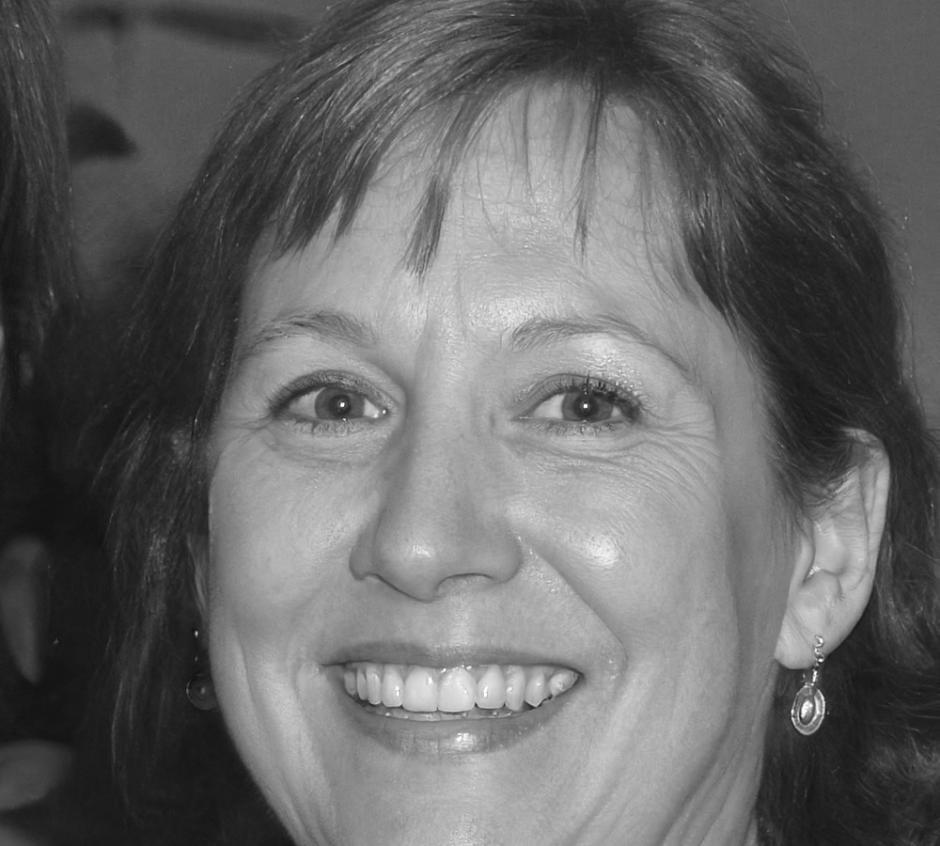Setting Realistic Expectations
Understanding what to expect from your investment learning journey helps create a foundation for meaningful progress and sustainable growth.
Foundation Building Phase
Your initial months focus on understanding core concepts and developing basic financial literacy. Most participants spend 3-4 hours weekly absorbing fundamental principles. You'll encounter new terminology and concepts that might feel overwhelming at first — this is completely normal. The goal isn't to master everything immediately but to build a solid base of knowledge you can expand upon.
Skill Development Period
During this phase, you'll start applying theoretical knowledge to practical scenarios. Many learners find this stage challenging as they bridge the gap between understanding concepts and implementing them. Expect to spend additional time researching and practicing analysis techniques. Your confidence will gradually build as you develop the ability to evaluate different investment opportunities with greater understanding.
Integration and Growth
By this point, you should feel more comfortable with investment concepts and have developed your own analytical approach. This doesn't mean you'll have all the answers — experienced investors continue learning throughout their careers. You'll likely find yourself reading financial news with better comprehension and asking more sophisticated questions about market dynamics.
What This Journey Really Requires
Success in investment education depends more on consistency than intensity. Here's what matters most.
Time Investment
Plan for 3-5 hours weekly of focused learning. This includes reading materials, watching educational content, and practicing analysis techniques. Some weeks you'll need more time, others less.
Patience with Progress
Investment knowledge builds gradually. You won't see dramatic improvements week to week, but you'll notice significant growth when comparing your understanding after several months.
Critical Thinking
Developing your ability to question assumptions and analyze information objectively takes practice. This skill proves valuable beyond investment decisions in many areas of life.
Your Path Forward
Financial education works best when you approach it with realistic expectations and genuine curiosity. Most successful participants share common traits: they ask questions when confused, practice concepts regularly, and understand that building investment knowledge is a gradual process rather than a quick transformation.
Remember that everyone starts somewhere. Professional investors didn't begin with expert knowledge — they developed it through consistent learning and experience. Your current level of understanding is simply your starting point, not a limitation.
Explore Learning Program